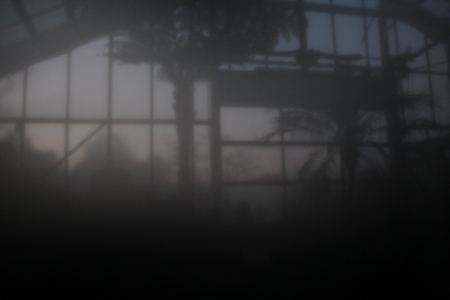keyring
Wednesday, January 2nd, 2013Some friend must have forgotten his/her keyring on our kitchen table. For those who have visited us: Please have a look at the images after the “read the rest of the entry” and let us know wether you miss it.
randformblog on math, physics, art, and design |
Some friend must have forgotten his/her keyring on our kitchen table. For those who have visited us: Please have a look at the images after the “read the rest of the entry” and let us know wether you miss it.
strange car as seen by tim
I completely forgot to mention the post about the plywood bonobo by Stanislav Ploski. Like the other texts, the text was a little bit “polished” by the people at Inhabitat – just in case you wonder about my sudden glitzy english.
other posts there:
->Wood lamp
->Miss Maple
->Vase & Leuchte
My laptop had been healed again! To my surprise and thanks to Cupertino the logic board and the hard disk were replaced without extra cost, this was not only great for me, but also for the children, which used it right away for watching movies and such. Please press thumbs that the laptop and in particular the NVIDIA graphic chip doesn’t break again!
supplement 6. Okt. 2011: We are sad to hear that Steve Jobs, cofounder of Apple had died. Our condolences to family, friends, and colleagues.
Unfortunately the graphics chip/logic board of my 3 1/2 ys. old computer is again damaged, moreover the new hard disk seems unfortunately now also damaged. I don’t know wether Apple replaces the board again without cost. So blogging will be again limited for an unknown amount of time.

“Balinesisches Treibhaus” in the “Gärten der Welt“
In the recent randform blogpost “How much O2 will there be left” I was raising again the question to which extend climate change could lead to a regression of global O2. The blogpost referred to an older blog post in which experiments with the space colonization were described. In this older blogpost I recalled that
I think to remember that the original intention was to to have people stay for longer than just a summer, as a Mars exploration would take longer than that – but may be I am wrong. I remember that one mission had to be aborted for two reasons: Firstly the air supply had to be reenforced due to a miscalculation of the air consumption of bacteria in the soil of the greenhouse and secondly due to complicated group dynamics.
Today there was a description of a space colonization experiment called biosphere 2 on Spiegel Online. And alone by looking at the images I am now pretty sure that it was a report about this space colonization experiment that I had seen on TV and not the Mars Analogue Research Station Programme as I had wrongly thought in the older randform post. But it seems I correctly remembered that there was a problem of the regression of oxygen (and the group dynamics). The decrease in oxygen seems to have been partially due to microbes in the soil. At least the Wikipedia article about biosphere 2 mentions:
Many suspected the drop in oxygen was due to microbes in the soil. The soils were selected to have enough carbon to provide for the plants of the ecosystems to grow from infancy to maturity, a plant mass increase of perhaps 20 tons (18,000 kg).[21] The release rate of that soil carbon as carbon dioxide by respiration of soil microbes was an unknown that the Biosphere 2 experiment was designed to reveal.
Just a quick link to a happy mutant controller fun at createdigitalmusic.
For those who haven’t noticed. There is currently a discussion about melting permafrost on Azimuth. If frozen soil is melted then usually greenhouse gases are going to be emitted. So in this context (comment on Azimuth) I was raising again the question to which extend the melting of permafrost could not only lead to more CO2 in the air but also induce a reagression of O2 (which may e.g. be due to a sudden expansion of aerobic organisms)*. If someone knows more about this then please comment here or on Azimuth.
*I am not sure, but I think such a mechanism may have led to the abort of a simulation for studying the colonization of Mars.